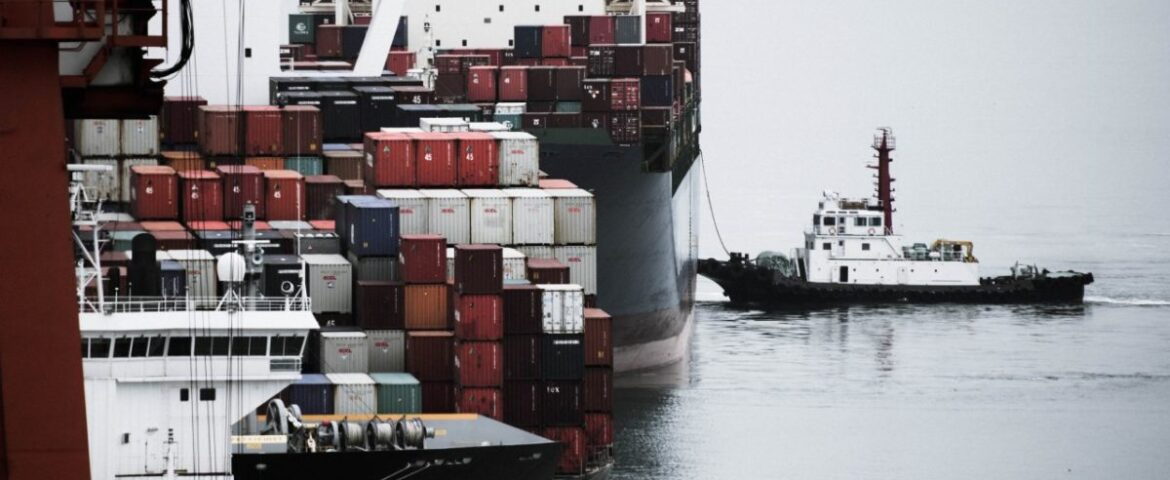A review of seven large landlord port authorities around the world reveals a notable diversity of pricing structures. While port authorities increasingly act as commercial undertakings, port pricing often seems not driven by commercial considerations. In the latest port study PortEconomics co-director Peter de Langen along with Rargue that ports can be regarded as ‘business ecosystems’ with multiple users. This provides a valuable perspective on pricing, and raises the question of whether ports can be regarded as two-sided markets. The authors argue this is not the case.
The business ecosystem perspective provides a basis for deducing seven pricing principles for port authorities, that are detailed in the port study and illustrated with cases these principles. These pricing principles are: broadly follow a direct user pays approach; capture value from ‘non-core’ tenants; price aggressively for activities with a high strategic value; differentiate pricing based on price elasticity and connectivity improvements; maximize revenue from long term lease agreements, price port dues competitively; critically consider differentiation of charges based on environmental performance and finally use incentives to align interests of terminal operators and shipping lines. The authors conclude that the ecosystem perspective is central to the understanding of pricing decisions of port authorities, and that various pricing issues deserve more attention.
PortEconomics provides you free downloading the authors’ version of the study which has been published in the WMU Journal of Maritime Affairs, 16(3) issue.












